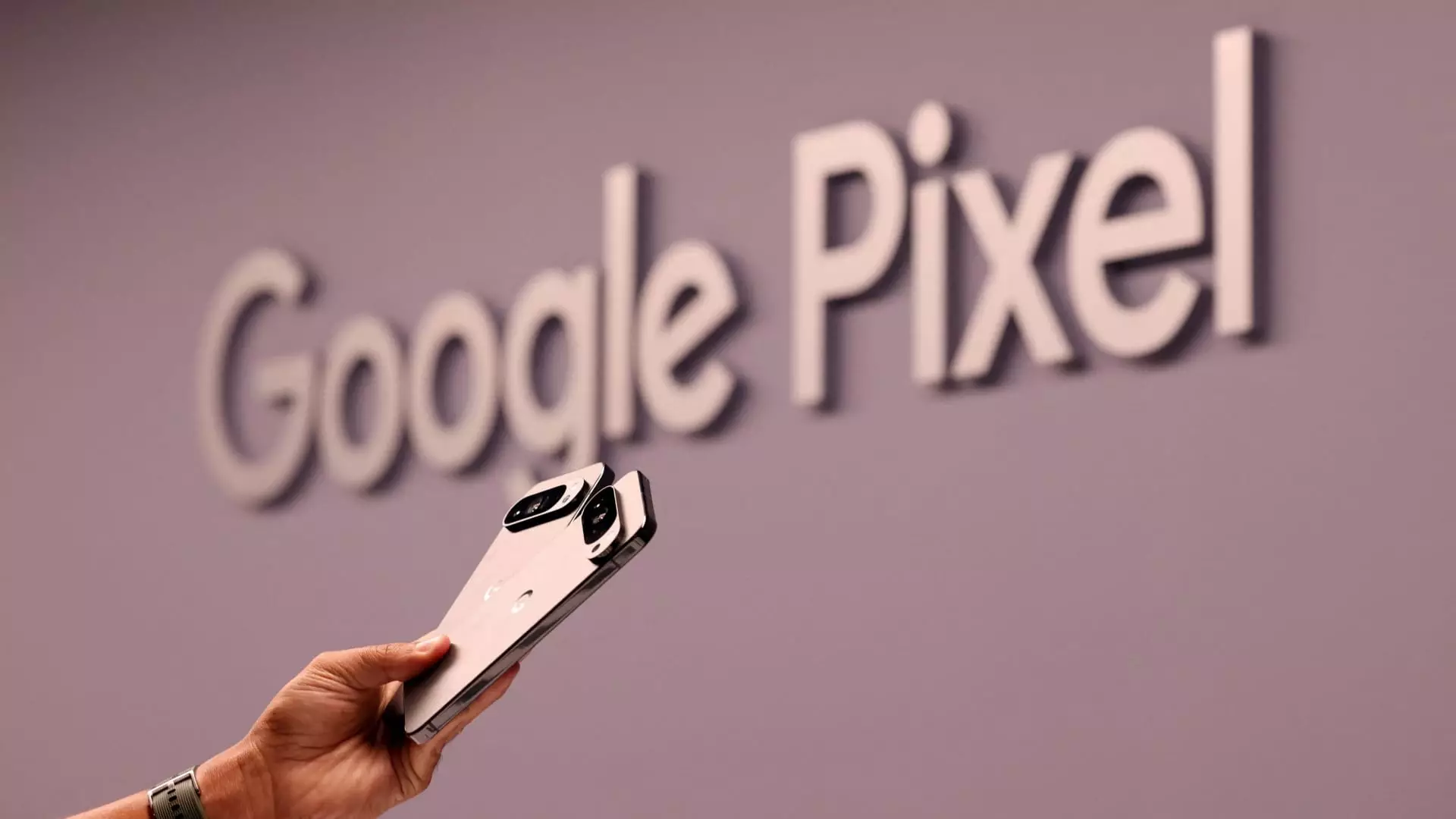Google finds itself at a crossroads where leveraging its vast ecosystem of over three billion Android devices could revolutionize the way AI integrates into everyday life. By infusing its Pixel smartphones with groundbreaking AI features, Google aims to create a compelling showcase of Gemini-powered tools— from “Magic Cue” to “Camera Coach.” This strategy isn’t merely about selling phones; it’s about positioning Android as the de facto hub for an intelligent, interconnected digital experience. However, this approach raises significant questions about the true motives behind such a widespread integration: Is Google genuinely enhancing user convenience, or is this a sophisticated move to dominate not just hardware and software, but the very fabric of information flow and user engagement? While the company’s vast user base provides an unparalleled “flywheel effect” for adoption, critics warn that the concentrated power of Android’s reach could exacerbate issues of market monopoly and limit consumer choice.
The Illusion of Choice in a Hyper-Connected World
There is an unsettling paradox at play: Google’s push appears to empower users with smarter tools, yet it simultaneously consolidates control over a critical ecosystem. As Android manufacturers like Samsung and Xiaomi adopt AI features stemming from Gemini, a dominant player’s influence could stifle innovation from smaller competitors. This gives rise to concerns that AI development may spiral into a form of digital monopolization, where the very tools meant to democratize information become instruments of market consolidation. The assertion that Google’s AI is a “master agent” presupposes loyalty to its platform at the expense of diverse, competitive alternatives. The danger lies not only in potential stifling of innovation but also in compromising user privacy— as these AI tools require continuous data collection, insights, and personalization, the risks of intrusive data harvesting grow exponentially.
The Market’s Power Struggle: Google’s Window of Opportunity vs. Apple’s Silence
In the broader landscape of consumer technology, Google’s aggressive AI strategy capitalizes on Apple’s perceived lag in integrating advanced AI features. With Apple’s silence on comparable AI innovations, Google enjoys a rare window where its offerings can dominate consumer perception. But this is a double-edged sword: the moment Apple accelerates its AI efforts, Google could find itself back at square one, defending its diminishing market share and relevance. The current market dynamic resembles a fragile balance—the company that cracks the code on a truly seamless, safe, and privacy-respecting AI experience could redefine the future of mobile computing. Yet, Google’s focus on rapid deployment and widespread adoption may come at the expense of long-term trust. If user privacy is compromised, or if AI features are exploited for targeted advertising and data monetization, the backlash could erode the very user base Google seeks to expand.
The Ethical Dilemma: Innovation Versus Intrusion
While Google races to embed generative AI deeply into smartphones and apps, it must confront a profound ethical dilemma. The allure of creating an “agentic AI” that can perform complex tasks is undeniable, but it inherently risks pushing privacy boundaries to their limits. More intrusive, context-aware AI tools mean a greater reliance on sensitive personal data, which, if mishandled, could lead to irreversible harm— from breaches to manipulation. The company’s challenge is balancing innovation with responsibility. Critics argue that the pursuit of monopolistic dominance often severely undermines individual privacy rights and creates a landscape where technological progress is driven more by corporate interests than public good.
Google’s formidable push into AI-enabled consumer devices signifies a pivotal era—not solely for the company but for digital society at large. While the potential for positive change through smarter, more intuitive devices exists, so do the risks of monopolization, privacy erosion, and stifled competition. If Google’s strategy hinges on unchecked control of user data and a narrow pursuit of market dominance, it risks alienating the very consumers it seeks to serve. A more balanced approach—one that emphasizes privacy, transparency, and genuine innovation over market hegemony—is imperative. Only then can it truly harness AI’s potential for good, rather than becoming an instrument of corporate omnipresence that encroaches on individual autonomy and choice.


Leave a Reply